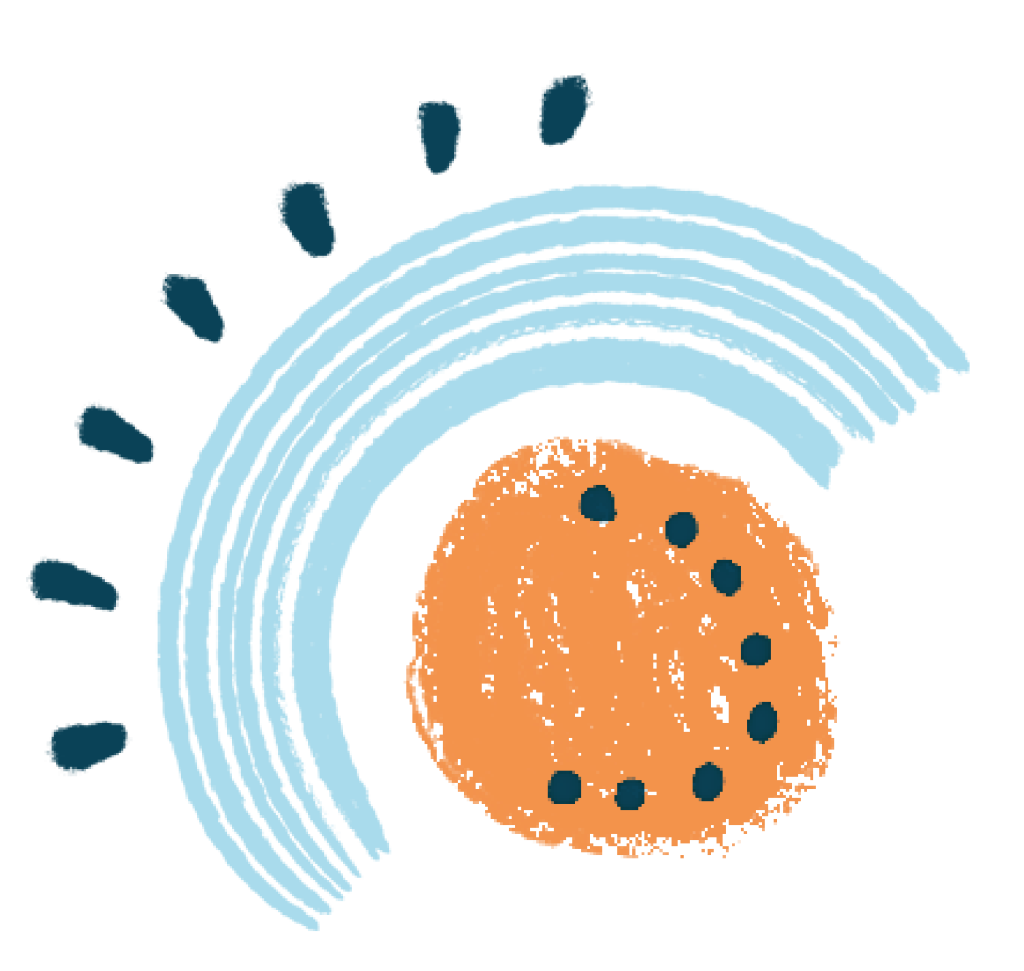Vaccines can save lives and the massive importance of vaccine distribution has been magnified by the coronavirus pandemic. When it comes to public health issues, language access is undeniably important. This is especially true for vaccine distribution. In order to make sure proper language access occurs, it’s important to take medical translation seriously.
Why Language Access Matters

Language barriers can become even harder to break through once you begin to involve complex scientific and medical terms. This lack of understanding can lead to devastating results. During the coronavirus pandemic, researchers found that communities with high populations of non-English speakers had more cases of COVID-19 than English-speaking communities and, as a result, higher amounts of COVID-19-related deaths. Coronavirus incidence rates were as much as 14.3% greater in communities with high populations of non-English speakers. Some experts worry that this is because of language barriers that make it hard to understand the public service announcements that share essential public health guidelines surrounding social distancing, masks, and other strategies for avoiding contracting the virus.
A Disservice to Vaccine Distribution
In order to properly, and safely, distribute vaccines, the proper distribution of information is necessary. Language barriers can discourage consumers from feeling comfortable getting a vaccine and understanding what the risks are, as well as how to get one if they do want one.
Language barriers are leading to low vaccination levels for Hispanics in North Carolina. Even though Hispanics make up 10% of North Carolina’s population, only about 2.5% of all coronavirus vaccines administered in the state have gone to Hispanic recipients. Enrolling to receive a vaccine online may be causing problems for non-English speakers who can’t understand the website and the enrollment process. Even though many health departments offer phone assistance in Spanish, a lack of staffing can lead to long wait times and a lack of assistance. A properly translated website could easily increase access to vaccines for the Hispanic community in North Carolina.
How Human Translation Can Help

When it comes to translating medical information around complex topics like vaccines and their distribution, there seems to be some confusion as to why unsupervised machine translation tools cannot get the job done. As advanced as that technology is becoming, terms and phrases that are more nuanced often end up literally getting lost in translation. For example, recent mistranslation-related events in Virginia caused mass confusion. After utilizing Google to generate a translation of the Virginia Department of Health’s website, their Spanish readers were under the impression that the COVID-19 vaccine was “not necessary.” Why? Because the website showed a translation of “the vaccine is not required” as “la vacuna no es necesaria”, which in Spanish means “the vaccine is not necessary.”
It’s easy to see how this faulty translation caused misunderstandings that can have a life or death impact. Working with a human translator can help avoid any misunderstandings caused by syntax choices. Translators not only take word choice into account, but cultural and historical influences that can impact how a translated work is perceived.









